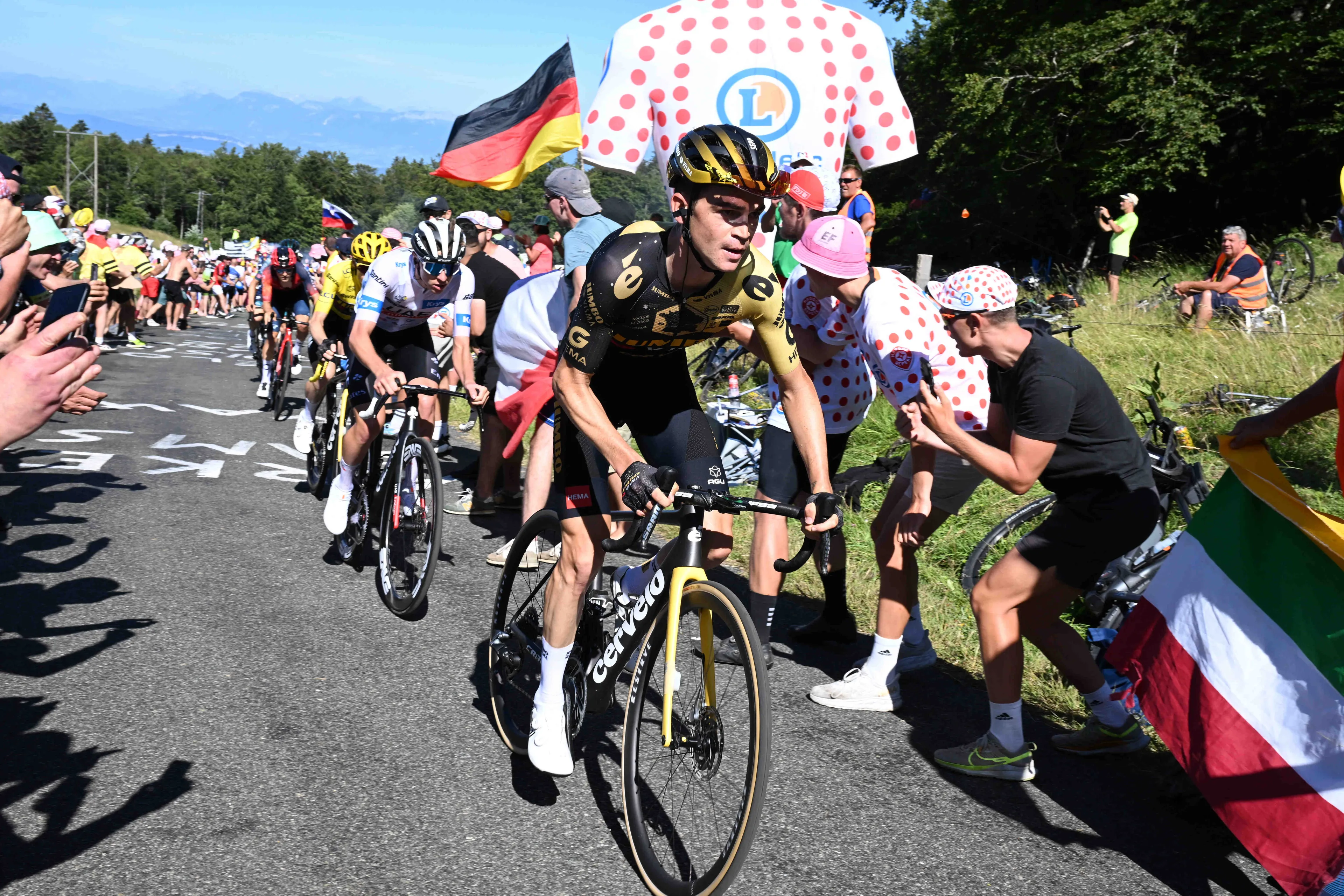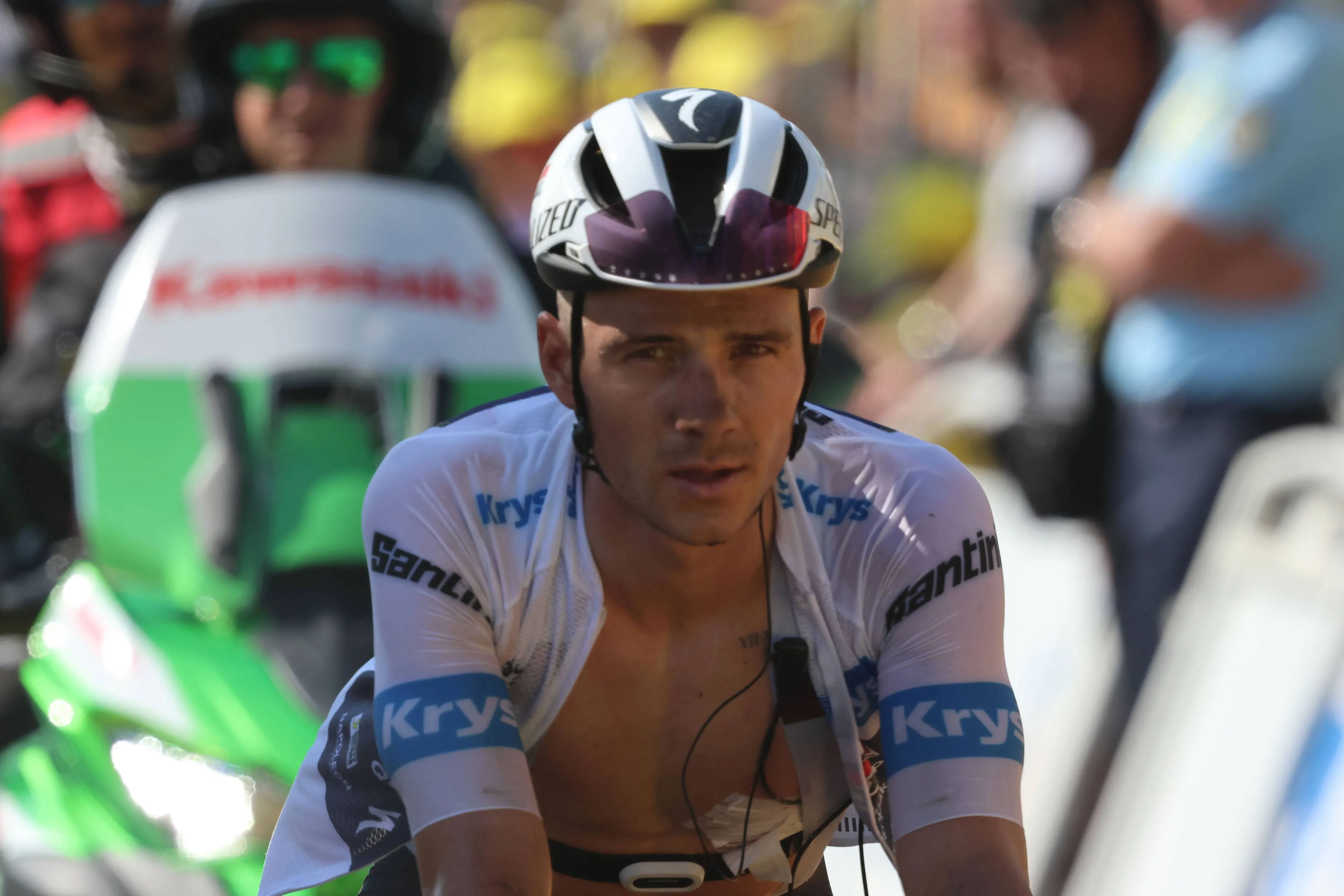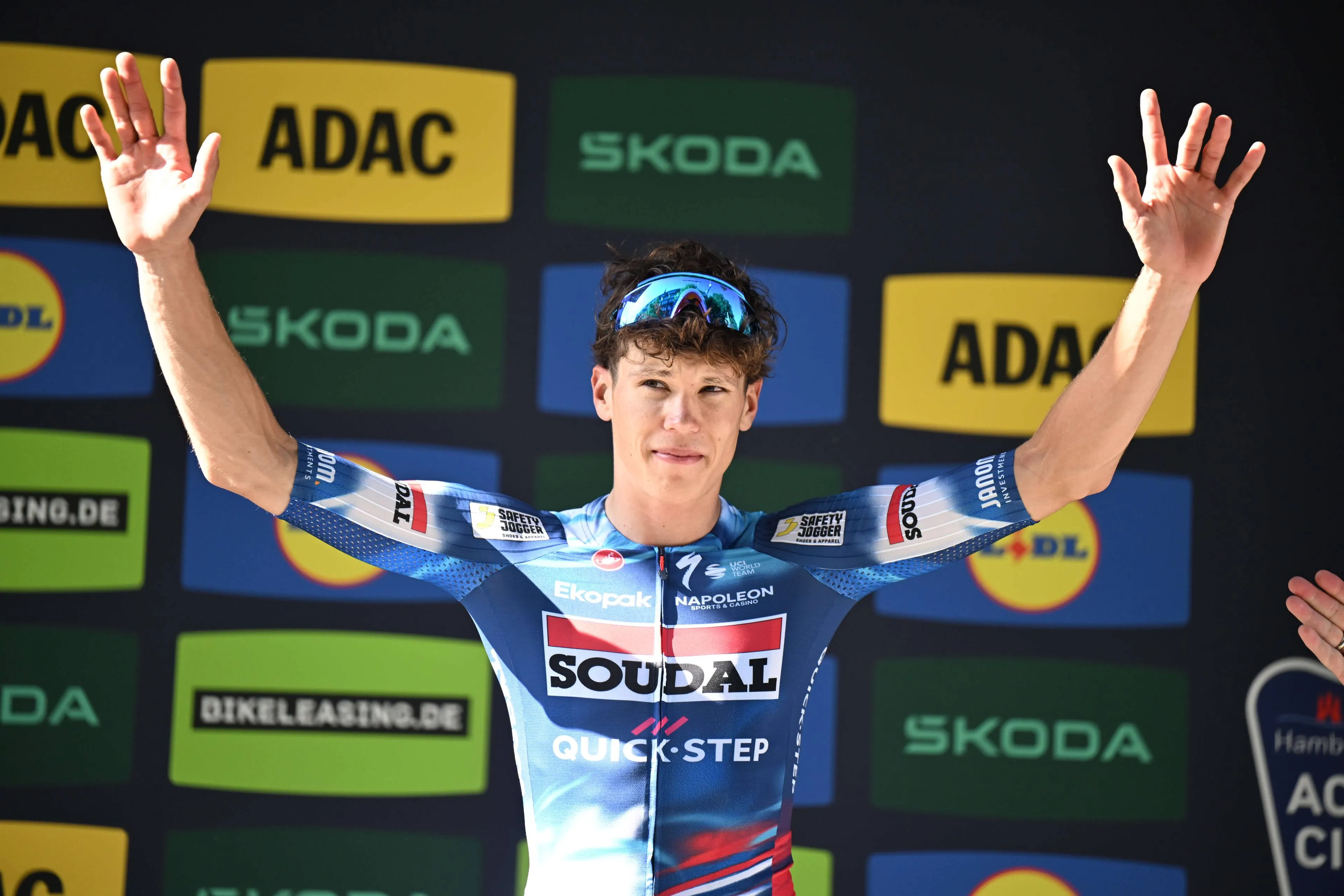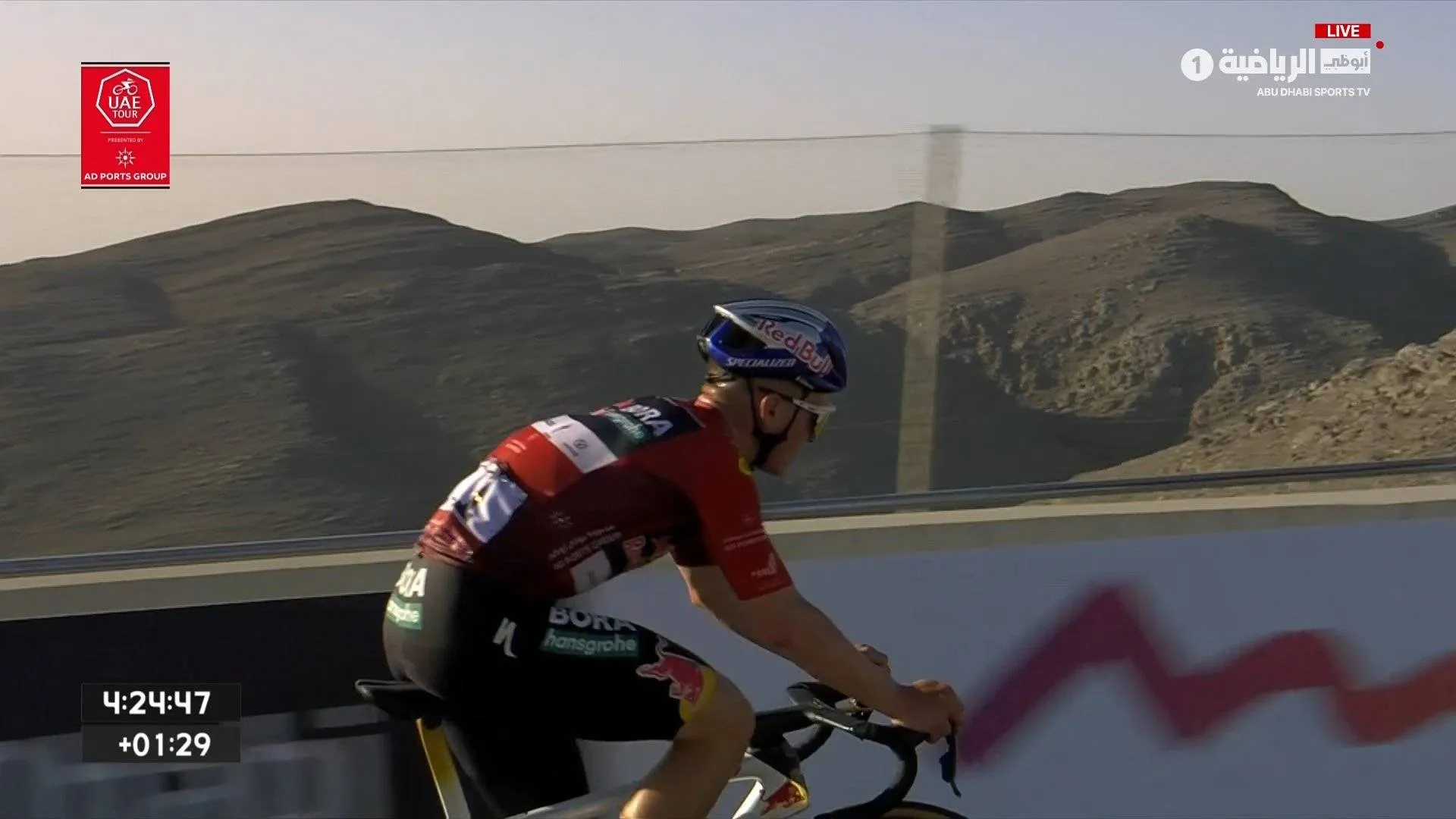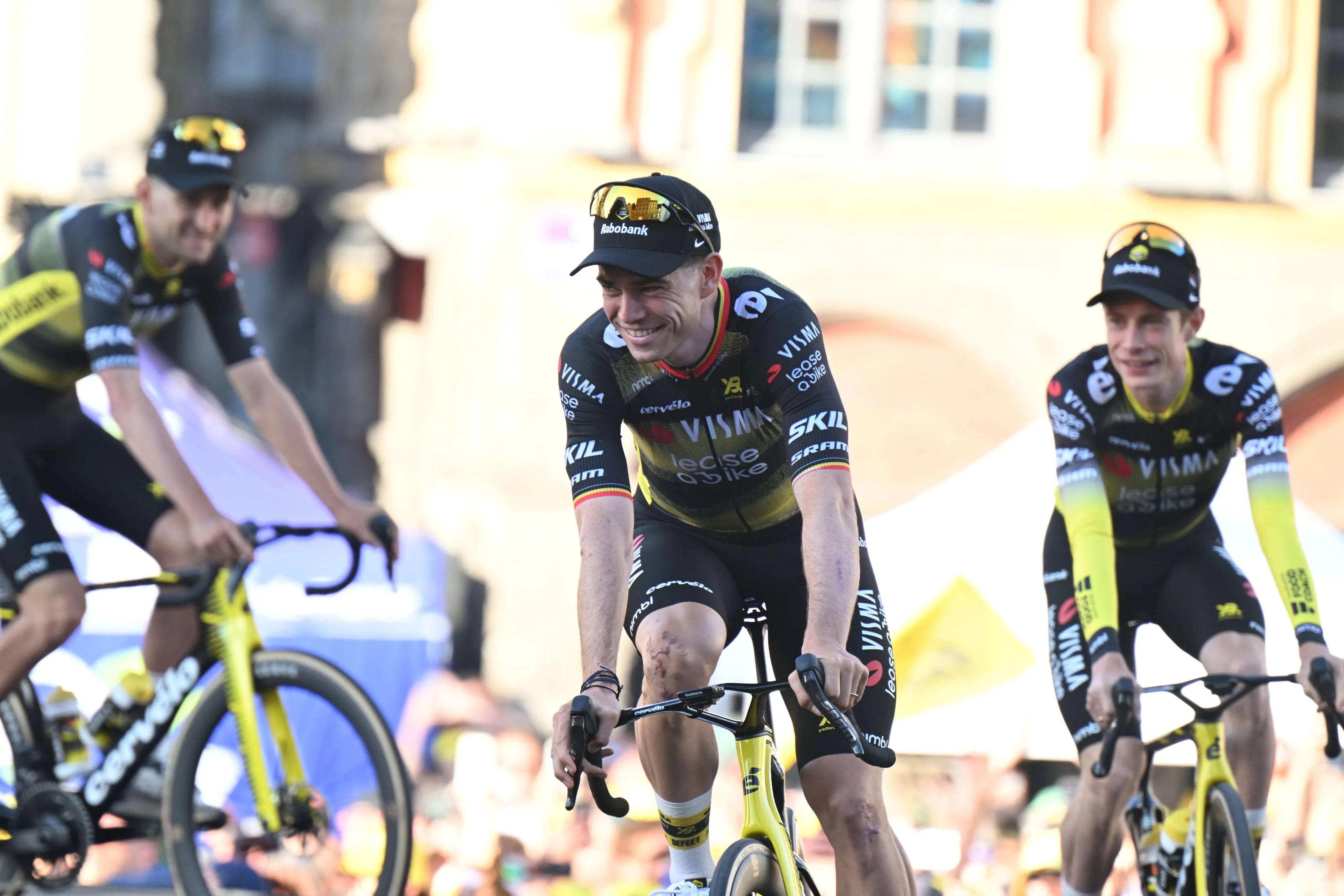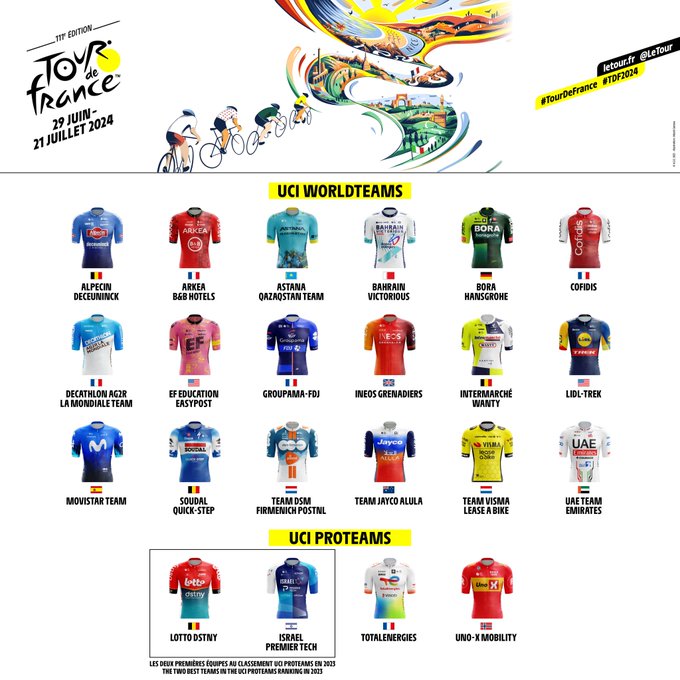"Opting for circuit races may become necessary" - ONE Cycling's Richard Plugge thinking of how to elevate cycling's value and attractivity
CyclingThursday, 15 February 2024 at 20:30
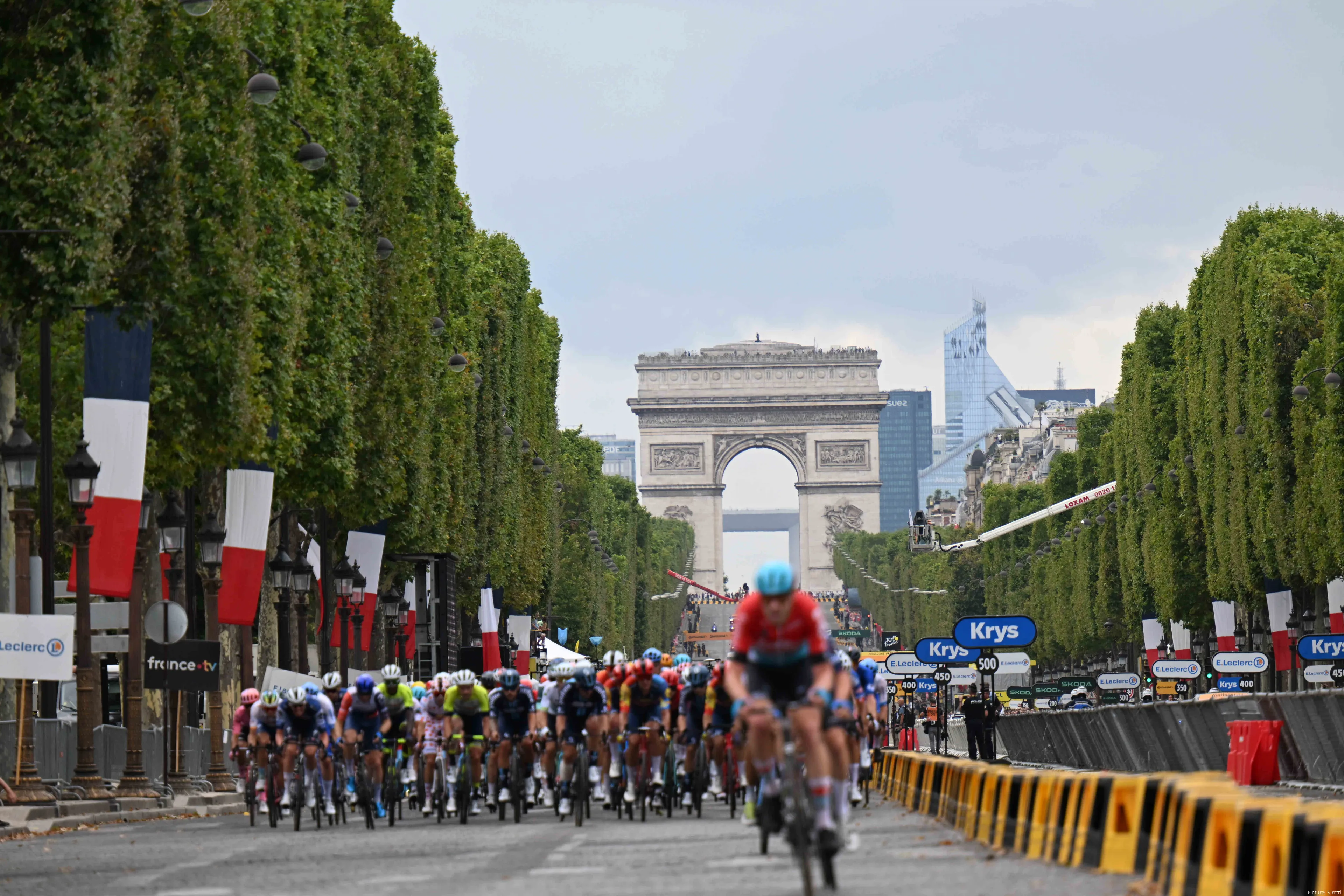
ONE Cycling is a project in the making that may revolutionize cycling in the next few years. Richard Plugge, head of the project - and also Team Visma | Lease a Bike - runs through some of the ideas to make the sport more popular and attractive to an ever-growing audience.
"We need to consider where cycling will be in 10 years and how we can improve the sport and its business model. With ONE Cycling, we aim to involve everyone, including the Tour, other teams, and the UCI – everyone," Plugge said in the BV Sports radio show. "Cycling has much greater potential beyond the current financial scope. This applies not only to me but also to organizers and other teams. This isn't about creating a Super League; it's about working together. UCI President David Lappartient supports this vision; he too wants to leave cycling in a better state when he steps down."
Read also
Recently Lappartient, director of the Tour de France, reaffirmed that he does not see the spark in this new project, which is said to have large financial backing from Saudi Arabia. The idea is of creating a league of races similar to the World Tour - with many of it's current events - an develop the calendar in a way that these have more star riders, more audience and views.
Essentially, make cycling a more attractive sport than it currently is. "We are exploring this with organizers and the UCI. However, politically, things have been quiet. We've had extensive discussions, but progress has stalled, which is frustrating. As for investors, there is interest from various parties, not just from Saudi Arabia," he tells. Environmental concerns regarding the sport are also in the mind of the project, but Plugge is very keen on raising the amount of circuit finales. An idea he sees has worked in other big events.
Read also
"Logistically, it's getting tougher. Why not consider circuit races? There will come a time when even the Tour cannot cover 200 kilometers from point A to B, and opting for circuit races may become necessary. Currently, we navigate through villages at 60 kilometers per hour, when the speed limit is 30 kilometers per hour," he tells. He gives the example of a few events that have successfully implemented this format.
"The Tour of Flanders has implemented this successfully, and the World Championships is another example. This approach also generates revenue, as it allows for greater entertainment value for the audience and opportunities to sell hospitality packages," he explains. "By doing so, we can maintain interest for future generations, especially considering the stiff competition from other sports for the younger demographic. This strategy enables us to extract more value from cycling than what currently exists."
Read also
claps 0visitors 0
Just in
Popular news
Latest comments
- Fantastic climb by Tiberi. Let’s see more of this from him.Pedalmasher19-02-2026
- Loved watching this finale. Brutal climb, looked like a brand new Middle Eastern Alpe d'Huez with those switchbacks on the mountain edge. So much grit on Del Toro's face. I really thought he might catch Tiberi with about 1500m to go. Great stage.antipodeanpedalfan19-02-2026
- You’re expecting cycling to stay immune from this type of conjecture when the worlds’ most watched and listened to figure spouts out similar unsubstantiated crap daily? Most people just follow bad example because it’s a lot easier than figuring out a good one. Anyway, it could be anything, perhaps he just knew Andrew too well, or Sir Jim didn’t want him helping any more of those pesky foreigners and paid him off ;-) He doesn’t seem the Epstein type but if that was it, kudos to him for being practically the only one to resign BEFORE being found out. I find it very concerning that no-one has much to say about any of these people who keep at it until they just can no longer claim their innocence. Who did they learn from, Lance?Mistermaumau19-02-2026
- If you are going to make comments like that, back it up with proof. Otherwise keep them to yourself.Searider18-02-2026
- In the same place as the outcry over boys vs girls losing weight, which, is in about the same place as boys vs girls getting hit, or abused.Mistermaumau18-02-2026
- Haha.awp18-02-2026
- That's a little extreme, you take wins where you can get them.awp18-02-2026
- Ironic no, a British boss of British companies has no problem outsourcing a large proportion of jobs to foreigners and then complains a proportion of that proportion actually lives in the country. And do you expect if you leave that no-one will take your spot?Mistermaumau18-02-2026
- Slowly slowly the youngsters are making more and more of an impact.Mistermaumau18-02-2026
- I agree for certain situations, especially camps and popular training destinations but teams can’t manage or afford to chaperone all their riders all the time. Off season they still have to train and want to be home as much as they can (this is also where they are easiest to « catch »). On the other hand, if riders like Tadej accept « invitations » to ride on certain roads just for promotional purposes like in Gran Canaria they are also responsible for any trouble it attracts, you can’t expect people to stay away once you deliberately notify where you’re going to be and when. SeemsMistermaumau18-02-2026
Loading
💛 #TDF2024 team selection 💛 ✅ The 18 UCI WorldTeams ✅ 🇧🇪 @lotto_dstny and 🇮🇱 @IsraelPremTech, 1st and 2nd UCI ProTeams in 2023 ✅ 🇳🇴 @UnoXteam and 🇫🇷@TeamTotalEnrg, invited by the organizers. 🤩 See you this summer for the Grand Départ @LeTour_Italia! 💛Sélection des
Write a comment


